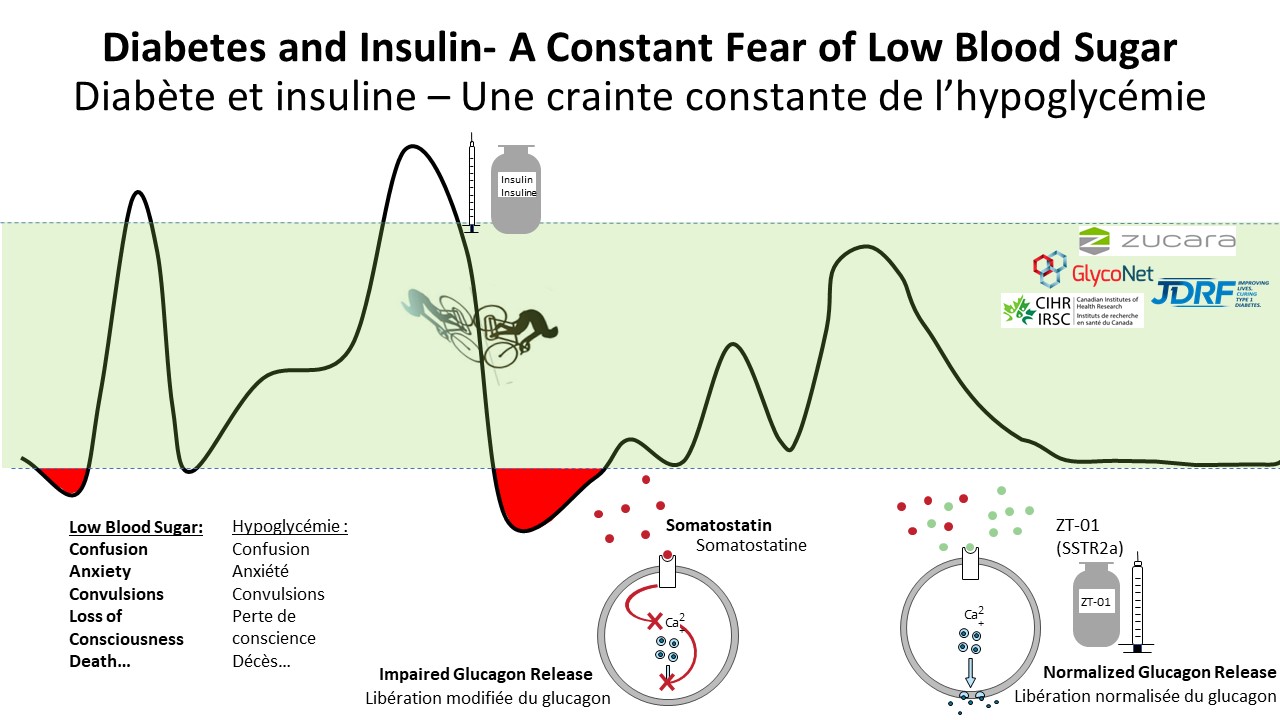Insulin, the most important hormone for the control of metabolism in the body, was discovered 100 years ago by Fredrick Banting, Charles Best and James Collip under the directorship of Professor John Macleod at the University of Toronto. The discovery of insulin earned Banting and Macleod the Nobel Prize in 1923, and people around the world celebrated this Canadian discovery, which kept people living with insulin-dependent diabetes (now called type 1 diabetes) alive.
Insulin was soon acknowledged as a lifesaving treatment for diabetes, but it is not a cure. Insulin needs to be taken daily and, while blood sugar control is improved, it is not normalized. Blood sugar control in diabetes continues to be a daily challenge today, 100 years after the discovery.
Several other advances have come over the last few decades for people living with diabetes, including new blood glucose monitors, insulin pumps and medications that can help them avoid diabetes-related complications. And a cure may even be on the horizon with stem cell and immune therapies. For more on these research breakthroughs see the newly launched book on Canadian discoveries in diabetes research by Krista Lamb - Beyond Banting: From insulin to islet transplants, decoding Canada’s diabetes research superstars.
However, as of today, low blood sugar (hypoglycemia) is a common problem with insulin therapy, particularly when people living with type 1 diabetes exercise or don't eat enough carbohydrates for the insulin they have taken. Low blood sugar can cause shakiness, confusion, disorientation, weakness, loss of consciousness and even death.
Prof Michael Riddell at York University, and his colleagues at Zucara Therapeutics, have developed a new drug (ZT-01) that could help reduce or eliminate hypoglycemia caused by insulin therapy. It is currently being tested in humans. This new class of medication works by improving the body's main blood sugar raising hormone (glucagon) when too much insulin is taken or when exercise is done. ZT-01 works by blocking the somatostatin receptor type 2 in the pancreatic alpha cell, which is the cell type that produces the blood sugar raising hormone glucagon. The preclinical work demonstrating safety and efficacy of the drug was conducted primarily at York University in the Muscle Health Research Centre.
For additional Information about this event, visit Research Canada

